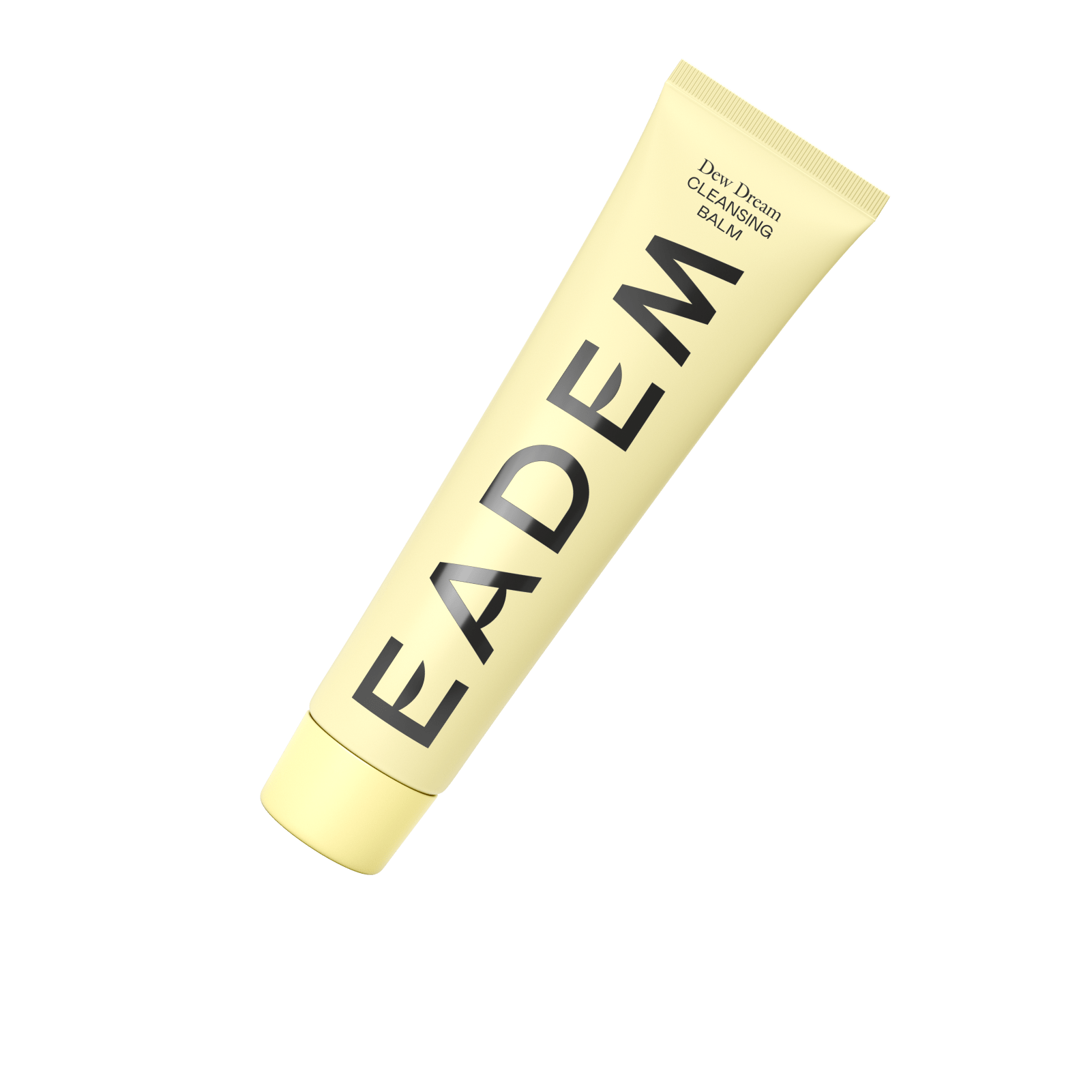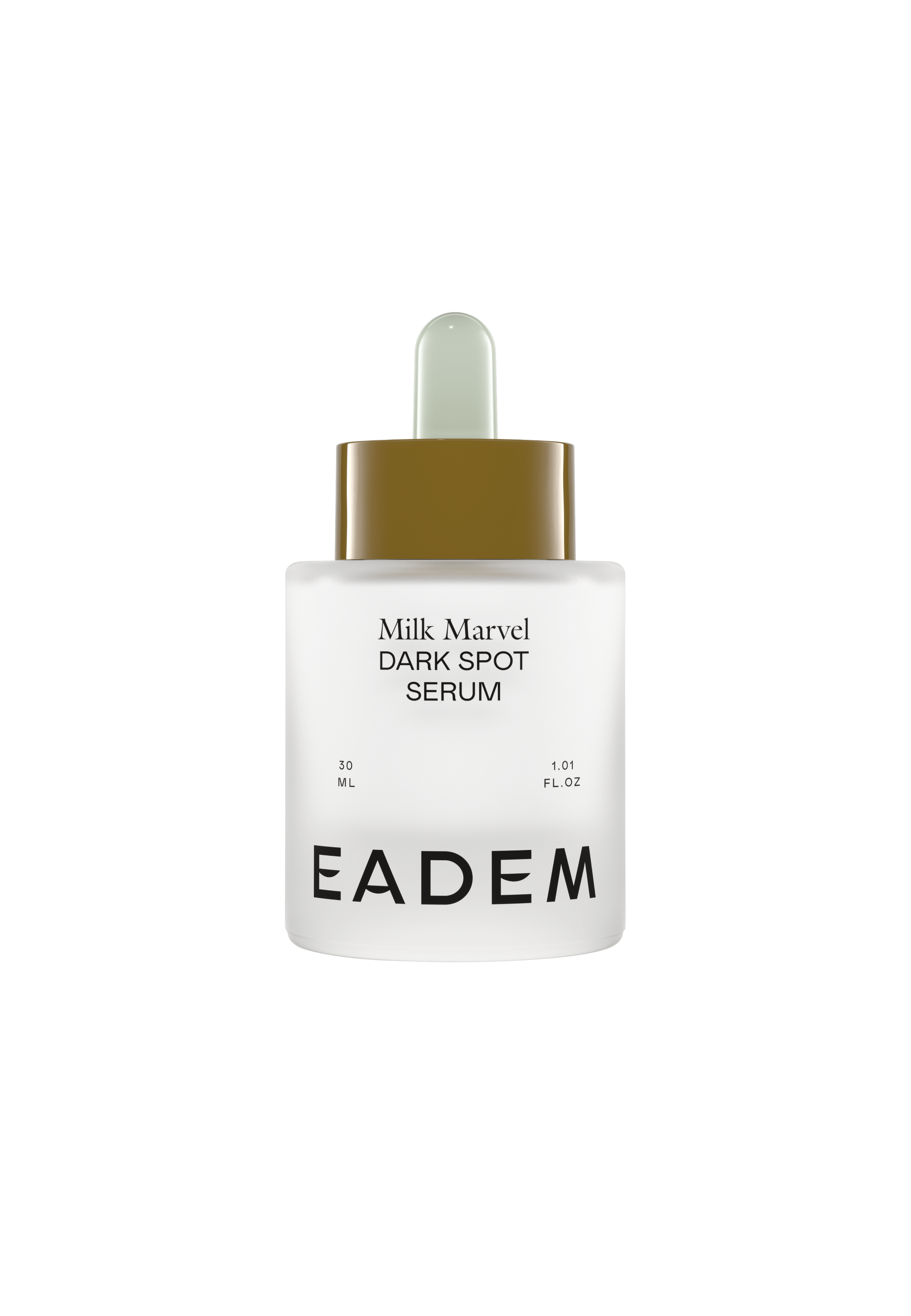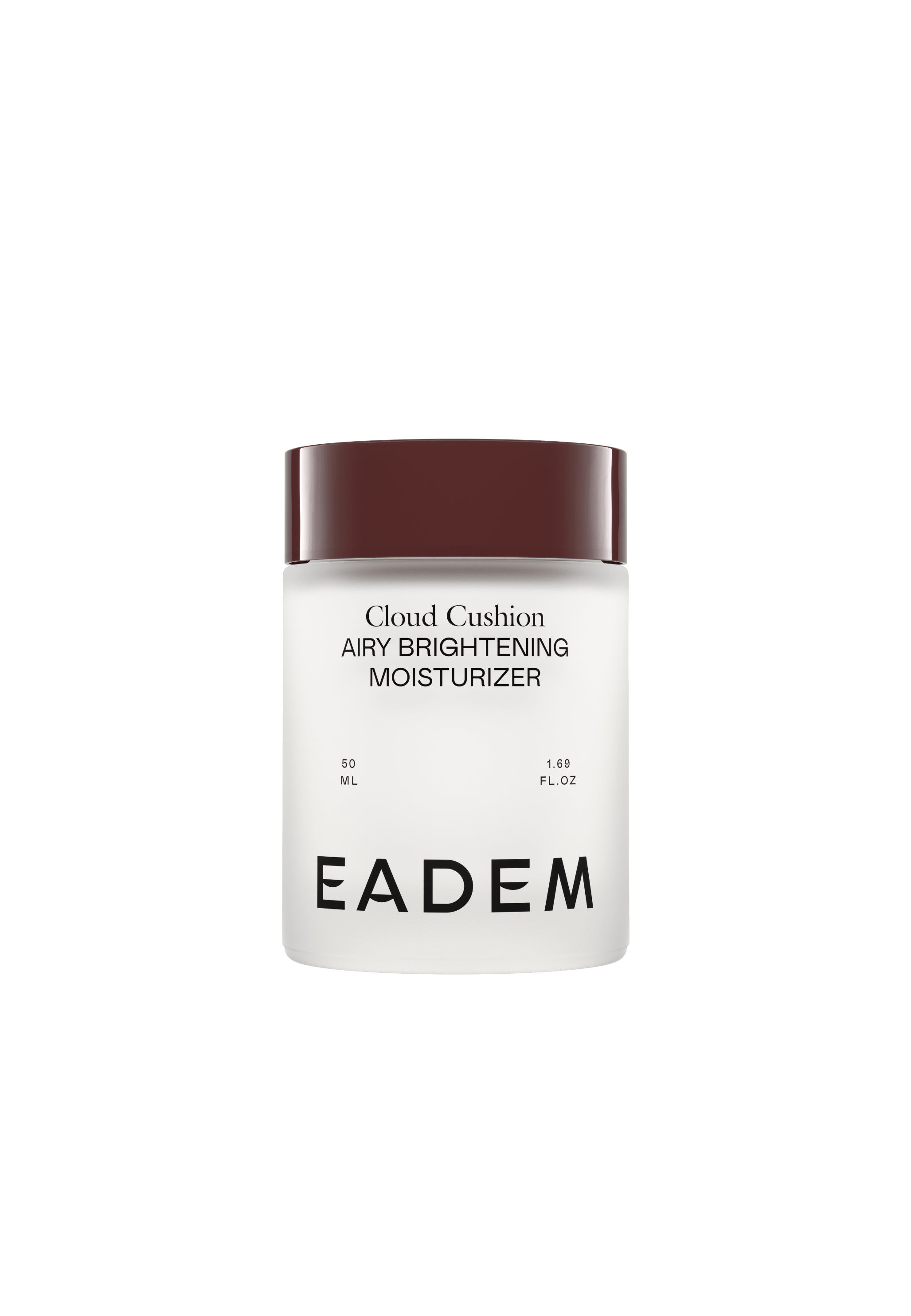I'm Persian — And I Know Nothing About Persian Beauty
Sergei Celementa @ 2022-05-06 08:32:03 -0400I wish I had a cool story to tell you about how Persian women beautify themselves. Something with rose water or almond eyeliner. Maybe a Cleopatra reference that would sound exotic and make you go, “Oooh, chic.”
I don’t.
I grew up Persian in America in the ’90s. The era of Cher Horowitz and “yo quiero Taco Bell,” a time when Western society expected minorities to be caricatures of themselves. Much like Jasmine from Aladdin, I was supposed to travel on my magic carpet and serve black tea from a samovar while carrying an array of exotic spices in my harem pants.
As a result, I rejected my beautiful, precious Persian culture. A culture that dates back 100,000 years and gave us the guitar, the postal service, and human rights (yes, a full millennium before England gave us the constitutional Magna Carta, ancient Persia penned the first human-rights charter). In order to prove my Americanness, I stomped out my Persianness. I gave my last name a palatable American pronunciation and begged my mom to pack me bland turkey sandwiches for lunch, rather than her fragrant stews.
Yet while I am American, I am also Persian. I spoke Persian before I ever spoke a word of English. As a child, I fell asleep to Persian pop music and the scent of cigarette smoke that wafted upstairs from my parents’ mehmoonis — a Persian party where you eat, drink, and dance until the sun rises. While I could write a one hundred-page dissertation on American beauty codes, today I couldn’t tell you the first thing about Persian beauty.
I would have learned it from my mother. She immigrated to California from Iran in the 1970s, only her beauty efforts were centered on looking as European as possible. Dyed blonde hair. Thin eyebrows. A nose job. An eye lift. And crash dieting. That was my beauty education growing up: Whitewashing 101.
Untouched, she looked a lot like, well, me. She had a head of thick, wavy, almost jet-black hair. Full eyebrows. And the same bump on our noses, which I grew up hating and still sometimes struggle to accept. She lopped off her bump, making her bridge as smooth as a ski slope. It was understood that when I came of age, I would do the same thing, just as my older sister did before me.
Only I refused to go under the knife. Even though I have a complicated relationship with my nose today — at times loving its idiosyncrasy and other times wishing it would be unremarkably pert — I’m grateful that I never succumbed to the immense pressure. I believe that women have the right to do whatever they want with their bodies, free of judgment. Only for me, a nose job would have come from a place of internalized self-loathing rather than self-empowerment.
My hair was not spared however. I straightened my waves into a flat, brittle crisp. I wore down my purple Conair straightener until the logo disappeared, the hot plates barely hung on, and hair grease covered the handle. To lighten its natural darkness, I spent afternoons at the salon getting streaks of caramel-blonde highlights. Then came my eyebrows — or rather eyebrow, because they connected in the middle. In junior high, I took a pair of tweezers, grabbed a big chunk of eyebrow hair, and just yanked. I wish that White women would have decided that full brows were cool before I ruined mine.
I’ve since abandoned much of my teen whitewashing routine: I wear my hair naturally curly; I let my brows grow thick and unruly; I embrace my olive skin tone and how it turns to a shade of coffee ice cream in the summer. Still, at the tender age of 32, I know almost nothing about the beauty culture from my other side, my neglected side — my Persian side. And I’d like to.
Like many millennial women, I started my research at our generation’s holy grail of beauty, Into the Gloss. I searched “Persian.” Despite the decades worth of interviews, features, and #topshelfies, my search yielded eight articles total. Eight. Their archives contained more articles on Persian cucumbers than Persian people. Cucumbers! I know we’re kind of “niche”, but we’re worth more than a cucumber.
On Vogue, I found more articles about White heiresses who owned Persian rugs than articles about Persian women. Cool.
Did I even bother checking Goop? (Don’t worry, that’s a rhetorical question.)
As my media search yielded nothing, immediately, that voice that tells me I’m wrong, stupid, silly, foolish chimed in. I call it my demon. It sits on my shoulder and swoops in to snuff out joy like Debbie Downer on steroids. So, Demon comes along and gives me a laundry list of reasons for why that lack of representation is justified.
“Well… there aren’t that many Persians here, so why should there be that many articles about Persians?” says Demon.
Except there are 1,500,000 Persians in America. That’s almost double the population of Canadians in this country.
“Okay, but Canada made Ryan Gosling and for that, we owe it everything.”
This is true. I don’t have a comeback for that. BUT in Los Angeles, the birthplace of modern cinema and the second largest media market in North America, Persians account for 7.5% of the population. I REPEAT! Persians represent more than Brits, Danes, Norwegians, Swedes, French, Germans, Dutch, Swiss, and Italians in Los Angeles combined.
And yet, I can only list the total number of Persian actors in Hollywood on one hand.
“Almost all ethnicities are underrepresented, why are you so upset anyway? Only focusing on your own seems a little self-motivated. What are you, a narcissist?”
K, first of all, I’m so glad you’re all witnessing just how hard Demon is on me. We all agree it’s an asshole, right? Only every human on Earth has a form of this demon, sitting on their shoulder or burrowed in the back of their mind. These demons all have one thing in common: they feed on self-loathing. They take a glimmer of self-doubt and reinforce it until it feels like an irrefutable truth.
As much as I loathe this demon, I empower it. More often than not, I cave to its poisonous thinking and adopt it as my own. But the demon’s insidious power lies in its anonymity. And the jig is up, because the demon has been found out. Now I can catch it and call out the negative self-talk as something separate from me. I can choose to tell my demon to get lost, and I say choose, because it’s up to me to do that work — not society.
Even if I suddenly saw Persian women in beauty and fashion magazines, my internal experience wouldn’t actually change much, because the external world cannot validate for me that my culture or I am worthy. I need to be the one who validates it for myself.
The work that I need to do is both so simple and so difficult. In moments of self-criticism, I need to call out the demon. Just saying its name and acknowledging its presence diminishes its power. The most powerful kryptonite is showing empathy and love for myself. Sometimes I even say out loud, “go away, [expletive].”
Before you commit me to an insane asylum — try it. When those negative thoughts about yourself bubble up, acknowledge that this is your demon talking, and it is just plain wrong. Say whatever you need to say to expel those thoughts from your head, and recognize that they are not authentic to you.
I often think about how much time I would have saved if I was better equipped to accept myself. How much pain I would have avoided. Would I even be how I am today? Would I dress the way I do? Would I talk the way I do? Who would I have been if I grew up in my most authentic self? I’ll never fully know, but I’m starting the work to get there.


